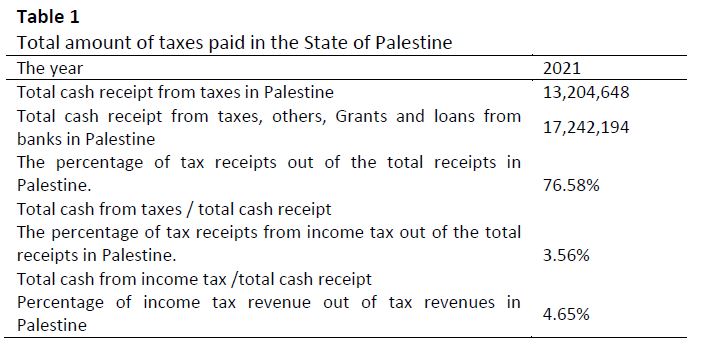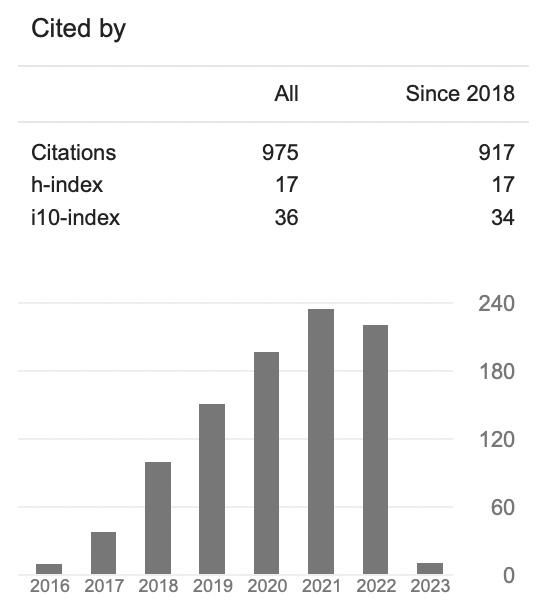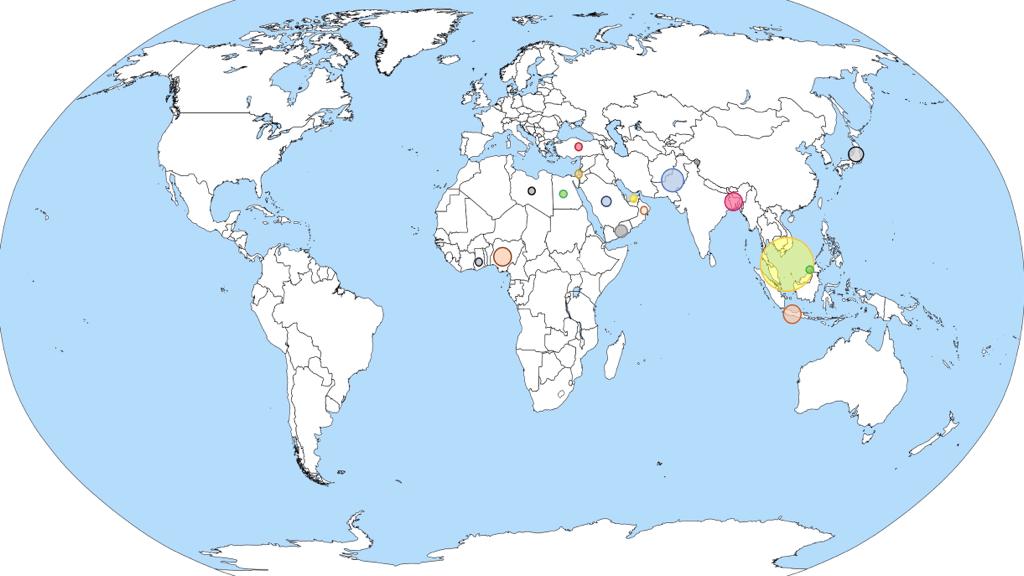Taxable Business Income in Palestine: Tax Treatment in Palestine for Depreciation Expense for Assets vs. Accounting Treatment According to International Accounting Standards
DOI:
https://doi.org/10.37934/arbms.36.1.1425Keywords:
Taxable income, accounting income, financial standards, dispute, tax assessors, financial statements, depreciation expenseAbstract
Accounting is the source of information that any facility's relevant body requires in order to make economic judgments because it arranges the facility's financial reports regularly. The administration, for example, benefits from financial accounting findings because it uses them to plan, direct, and supervise financial operations. Additionally, it oversees and decides on the affairs of lenders, investors, governmental organizations, and scientific research institutions [3] There is a need for unified accounting standards to govern measuring and releasing information whenever financial reports are made in the age of globalization, the expansion of global marketplaces, and the beginning of the industrial revolution. Beneficiaries will be able to quickly compare them to assess and evaluate financial reports and make the most accurate decisions. In 1973, the International Accounting Standards Committee (IASC) issued the first international standards, the International Accounting Standards (IAS). They also wanted to make global business comparisons easier, increase transparency, and restore faith in financial reports. Later, the International Financial Reporting Standards (IFRS) replaced the International Accounting Standards (IAS) [9]. Moreover, the primary goals of commercial accounting and taxation are not the same. The former requires a straightforward representation of the actual data because it involves gathering information to monitor and make decisions; the latter—even though its primary goal is to increase revenue is frequently employed as a tool for the state's economic and social objectives [16]. The taxation reconciliation process often begins with the financial report's 'net income before taxation', unless there are special purpose financial reports that directly result in 'net [taxable] income'. Subsequently, this value is modified by a range of factors to provide 'net income' [6]. Net profit prepared according to international accounting standards, amending reports based on the approved income tax act to account for any liabilities in Palestine. The purpose of the research is to identify issues in the computation of taxable income in Palestine about which assessors and taxpayers have different opinions in Calculating the issue of depreciation assets and what is tax-recognized and what is not tax-accepted.

















